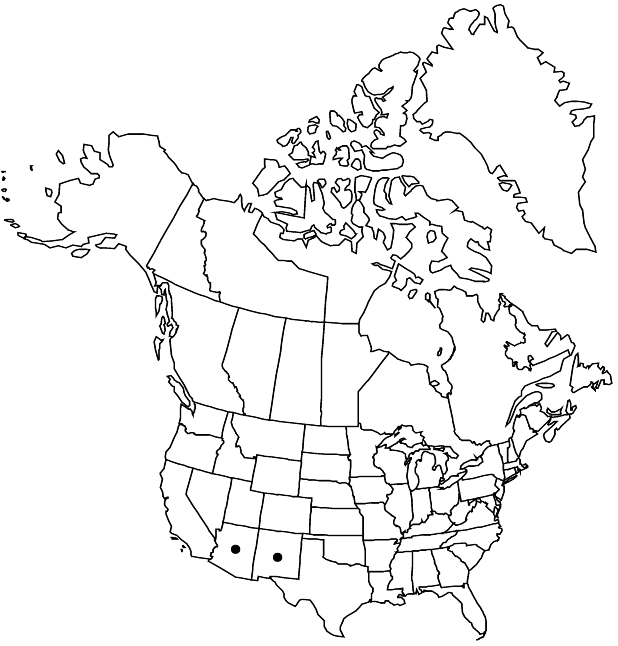Difference between revisions of "Heuchera glomerulata"
Minnesota Stud. Pl. Sci. 2: 155. 1936,.
imported>Volume Importer |
imported>Volume Importer |
||
| Line 50: | Line 50: | ||
|publication year= | |publication year= | ||
|special status=Endemic | |special status=Endemic | ||
| − | |source xml=https:// | + | |source xml=https://bitbucket.org/aafc-mbb/fna-data-curation/src/2e0870ddd59836b60bcf96646a41e87ea5a5943a/coarse_grained_fna_xml/V8/V8_204.xml |
|genus=Heuchera | |genus=Heuchera | ||
|species=Heuchera glomerulata | |species=Heuchera glomerulata | ||
Latest revision as of 22:42, 5 November 2020
Herbs acaulescent; caudex branched. Flowering stems 25–40 cm, long stipitate-glandular. Leaves: petiole short stipitate-glandular; blade (purple abaxially, variegated adaxially), ovate to orbiculate, shallowly 5-lobed, 2.5–9 cm, base cordate, lobes rounded, margins dentate, apex obtuse, surfaces short stipitate-glandular, long stipitate-glandular on veins abaxially, short stipitate-glandular and sparsely long stipitate-glandular adaxially. Inflorescences dense, (interrupted). Flowers: hypanthium radially symmetric, free 0.8–1.2 mm, yellowish green, campanulate, 3.5–5 mm, densely long stipitate-glandular mixed with short stipitate-glandular; sepals erect or incurved at tip, green-tipped, equal, 1.5–2 mm, apex acute; petals erect, white, narrowly oblanceolate, (clawed), unlobed, 1.5–1.8 mm, margins entire; stamens included 0.5 mm; (filaments strongly incurved, slender, shorter than and almost concealed by anthers); styles included 1 mm, to 0.5 mm, 0.1+ mm diam. Capsules ovoid, 4–5 mm, beaks divergent, not papillose. Seeds black, fusiform, 0.5 mm. 2n = 14.
Phenology: Flowering May.
Habitat: Shaded, rocky slopes
Elevation: 1300-2000 m
Discussion
Heuchera glomerulata occurs in the Chiricahua and Pinaleno mountains of southeastern Arizona and in New Mexico.
Selected References
None.
